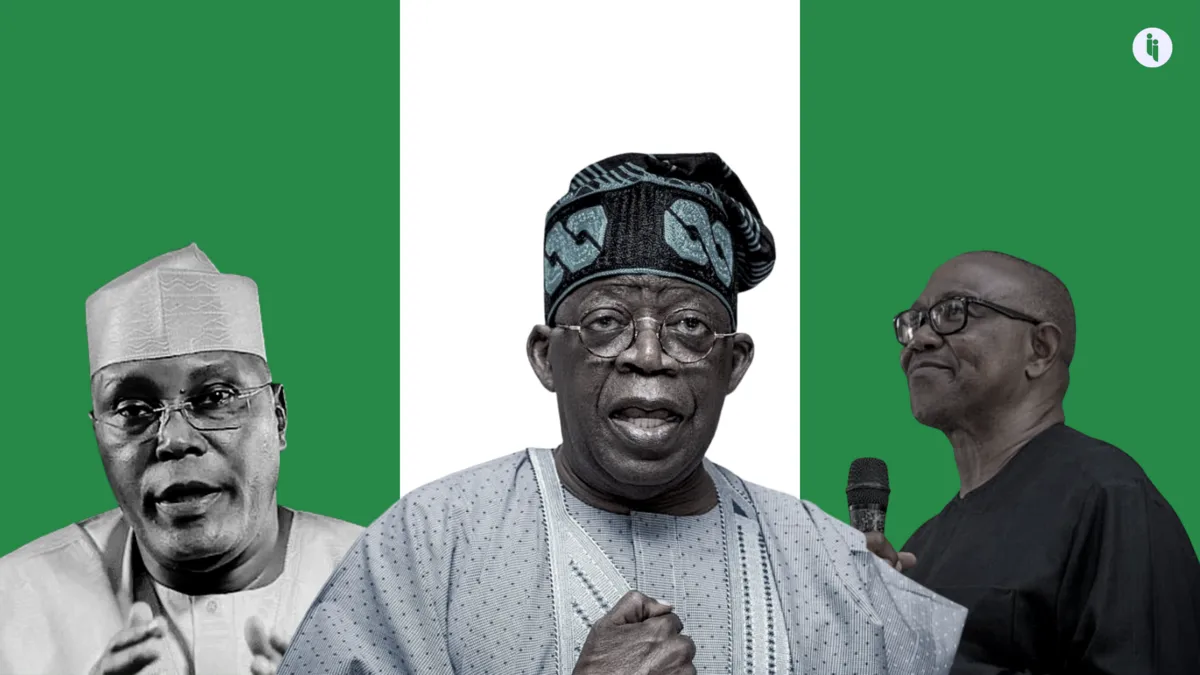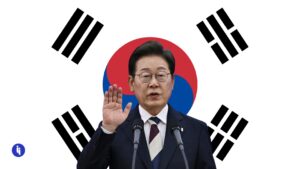Briefly: Bola Ahmed Tinubu from Nigeria’s ruling All Progressives Congress (APC) party was announced as the winner of Nigeria’s presidential election on Wednesday (28 February). Tinubu won 37% of the vote, while Atiku Abubakar and underdog candidate Peter Obi came in at 29% and 25%, respectively.
Don’t dream it’s over: Opposition parties have labelled the vote a sham and are calling for fresh elections. Interestingly, Samson Itodo, from respected democracy NGO YIAGA Africa, also suggested the results were “questionable”.
Logistical problems on the day, rather than voter apathy, seem to have led to a surprisingly low number of votes cast. Taking turnout into account, less than 10% of Nigeria’s eligible voters backed Tinubu, so his mandate is slimmer than Adrien Brody on a juice cleanse.
Stay on top of your world from inside your inbox.
Subscribe for free today and receive way much more insights.
Trusted by 129,000+ subscribers
No spam. No noise. Unsubscribe any time.
Intrigue’s take: The streets of Nigeria are calm for now, and it’s hard (but not impossible) to see these results being overturned in the courts. So we have two initial conclusions:
- The upstart Peter Obi didn’t win, but he ended Nigeria’s two-party system, and
- Having a well-oiled political machine is still key to becoming president.
As for Mr Tinubu’s tough road ahead, another two bonus thoughts:
- Nigeria spends most of its revenue servicing debt, and it’s going into more debt each year by providing costly fuel subsidies for the people;
- This ain’t sustainable, but ending the fuel subsidies will likely bring protestors into the streets. Just ask Ecuador, Indonesia, Kazakhstan, Haiti, etc…
Also worth noting:
- Nigeria accounts for ~3.1% of global oil exports, making it a top 10 oil exporter.
- Mr Tinubu was Governor of Lagos from 1999 to 2007, when he was credited with transforming Nigeria’s largest city into West Africa’s economic hub.







